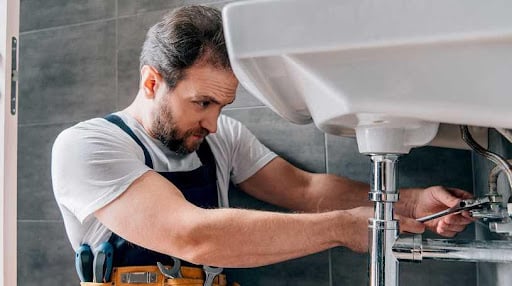
Whe takes a passenger with him in his car can in future look forward to a reward from the state in France. Energy Minister Agnès Pannier-Runacher announced on Tuesday that it should be up to 100 euros and be granted for distances of up to 80 kilometers. Every day four out of five kilometers are driven in the car and 50 million empty seats circulate. “We need better collective use of the cars that are already available to us,” said the minister.
The measure is part of a large-scale energy-saving plan that the government presented at the beginning of October, which also includes the reduction of neon signs and a speed limit of 110 kilometers per hour for civil servants on business trips. How exactly carpooling should be subsidized was not yet clear.
According to the plans presented on Tuesday, the EUR 100 subsidy will cost the French state around EUR 50 million and will be paid out in two tranches. According to this, anyone who advertises a trip with passengers on an online platform for daily carpooling as of January 1, 2023 should receive 25 euros. If nine more ads are added within three months, the state pays out the remaining 75 euros. Blablacar Daily, among others, has been a brokerage platform in France for four years and is enjoying growing popularity due to the rise in fuel prices. Compared to the same week last year, user activity is currently 90 percent higher, a spokesman for the company said. Blablacar Daily is an offshoot of the casual and long-distance platform Blablacar, founded 16 years ago in Paris. The other two major daily carpool providers in France are Klaxit and Karos.
Permanently reduce fuel consumption
In order to improve the comparability of the platforms, the French government wants to bundle the offers on one website and, by setting up a programming interface, will also make it easier to integrate them into navigation systems in the future. The programs granted by municipalities to promote carpooling should also be listed on the website. The government also wants to expand such programs more. In the future, for every euro of municipal subsidy, one euro will come from the government, which will cost the French state a further 50 million euros. In addition, 50 million euros will be used to improve the infrastructure for carpooling, for example by creating additional parking spaces at motorway exits or setting up special lanes.
“Carpooling is a very effective lever to permanently reduce fuel consumption in our country,” said Energy Minister Pannier-Runacher. That is good for the climate and the purchasing power of the citizens. Her ministry calculates that an employee who lives 30 kilometers from his workplace and carpools every day could save almost 2,000 euros a year. And 4.5 million tons of CO2 could be saved annually from climate gases if, as announced by the government, three million instead of 900,000 French people carpooled every day. For comparison: According to the Federal Environment Agency, a speed limit of 120 kilometers per hour on German autobahns would make a much smaller contribution to climate protection by avoiding 2.6 million tons of CO2.
So far, France has not excelled in limiting car traffic in the current energy crisis. On the contrary, the fuel discount of 18 cents per liter of petrol and diesel introduced shortly before the presidential election in April has made driving more attractive. On September 1st, the tank discount was even increased to 30 cents. It has been ten cents since mid-November. Last week, the government confirmed that the fuel discount would expire at the end of the year and announced that it would give around 10 million low-income French people who depend on their car to get to work a lump sum of 100 euros in January.









